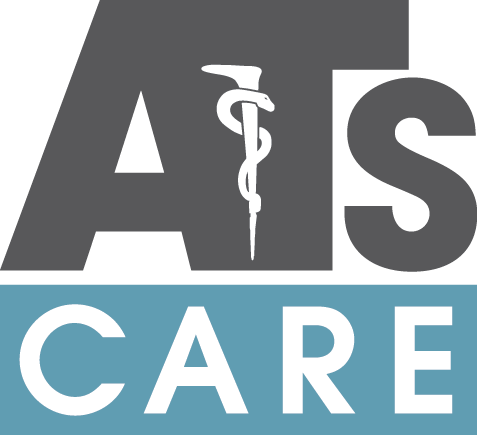ATs Care is to develop regional and state CISM teams located throughout the country that are readily available to respond to the needs of AT colleagues, students and staff after a critical incident. These team members are certified AT colleagues specifically trained in critical incident stress management techniques who understand not only the issues you face during a critical incident, but also the reality that ATs continue to provide care and coverage to a team following the event. ATs will be able to provide you and your staff the support you need to navigate through a critical incident.
If you or someone you know responds to an emergency or experiences a traumatic event, please contact ATs Care. Critical incidents can cause stress that can lead to Post Traumatic Stress Disorder (PTSD). While it is normal to have an emotional reaction, most of us will need assistance processing these new emotions. Our teams have been trained to help you deal with these challenging situations.
Page Navigation
Who Rescues the Rescuer?
The Peer Support Group is here to provide Emotional First Aid to Athletic Trainers that have experienced a traumatic event. We can help you process the difficult emotions that may arise after these incidents and help you return to a balanced state of mind.
Have you noticed these signs/symptoms in yourself or a colleague?
- Guilt
- Agitation
- Depression
- Anxiety
- irritability
- Antisocial Acts
- Inability to Rest
- Pacing
- Change in SocialActivity
- Nightmares
- Intrusive Images/Flashbacks
- Denial
- Poor Concentration
- Feeling Overwhelmed
- Increased Alcohol Consumption
- Thoughts of Suicide
- Emotional Shock
- Apprehension
- Lack of Emotional Control
- Panic
- Blaming Someone Else
- Hyper-vigilance/watchful
What to do?
If you or someone you know responds to an emergency or experiences a traumatic event, please contact us. Critical Incidents can cause stress that can lead to Post Traumatic Stress Disorder (PTSD). While it is normal to have an emotional reaction, most of us will need assistance processing these new emotions. Our team has been trained to help you deal with these challenging situations.
You hear it all over the news, all across the nation, and right here in our own state. Traumatic injury or death of an athlete during competition or traumatic injury or death of a student or faculty member off the field. We have been directly affected or know an athletic trainer who has. These events are more common than some realize. They leave a lasting impression on our lives, however sometimes they may begin to affect our daily lives in a negative way. These events are known as critical incidents and they cause stress that our mind may not be prepared to handle.
A critical incident is different for everyone and they affect people in distinctive ways. Some of us may have more difficulty processing the event. If our emotions are left alone, they can lead us to post-traumatic stress disorder (PTSD), which can be a debilitating psychological disorder.
What is PTSD?
Post-Traumatic Stress Disorder is a chronic condition that occurs when there is a maladaptive response to stress. After a traumatic event, there is a normal stress response that can cause impairment in functioning called Acute Stress Disorder (ASD). If these symptoms are not dealt with and continue to persist, PTSD may arise. PTSD can result in significant disruption of daily life, in your professional and personal interactions. (Macy & Soloman, 2009)
Resources
Mental Health Counselor
There may be someone available through your workplace or your insurance may cover you going to a private office.
Religious Guidance/Support
You may find it helpful to speak with your pastor or other clergy members.
Colleagues
Other Athletic Trainers may be able to assist you in dealing with your emotions. You may find that they are able to understand you better. If you know someone that has experienced a traumatic event in the past, seeking them out to talk may make you feel more comfortable.
Family/Friends
Discussing the event with family and friends may facilitate your healing.
Please contact one of us if you are interested in joining our committee.
Important Links
International Critical Incident Stress Foundation
- Emergency Hotline: 410-313-2473
- PTSD Information

